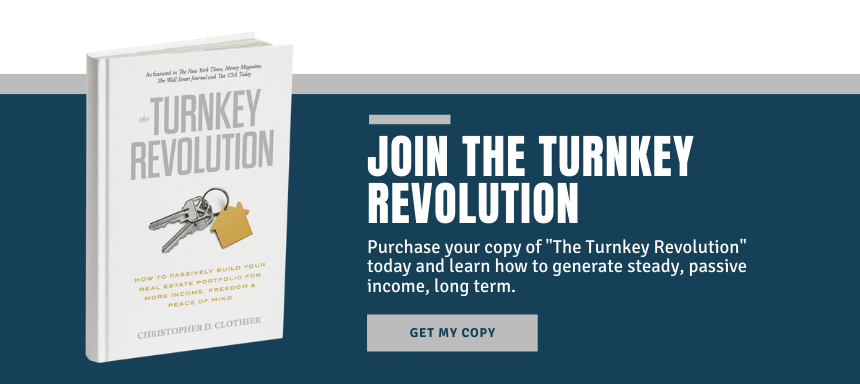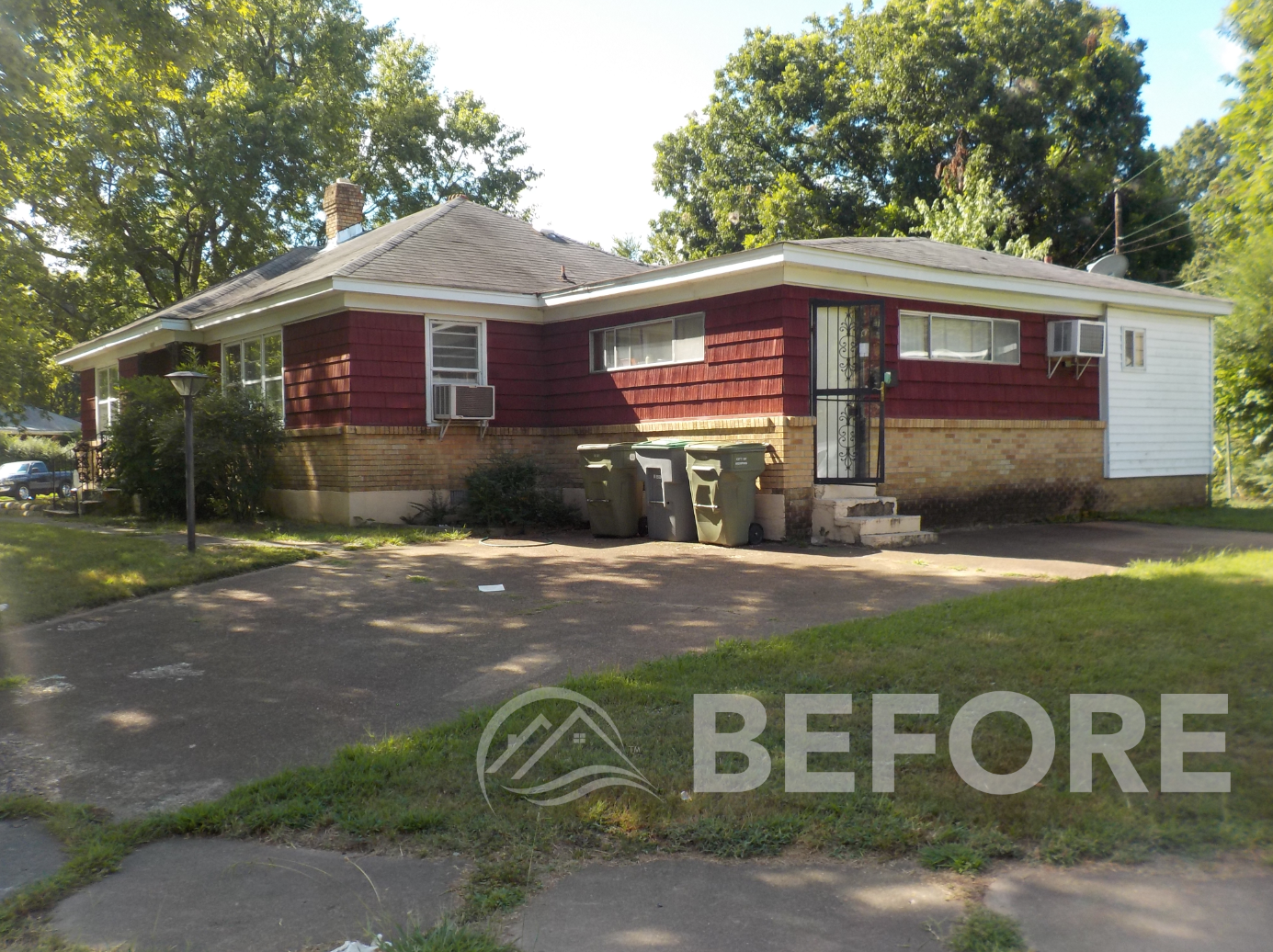 Looking back at 2018, we experienced a year of high expectations that largely did not disappoint. Markets continued to stabilize, economic promise grew along with property values, and the revitalization of cities nationwide provided opportunities and population growth.
Looking back at 2018, we experienced a year of high expectations that largely did not disappoint. Markets continued to stabilize, economic promise grew along with property values, and the revitalization of cities nationwide provided opportunities and population growth.
It was a good year for investors. We ourselves saw the expansion in several new markets based on the promising trajectory of up-and-coming markets that hold great potential for long-term investment opportunities.
But as the year comes to a close, we have to ask ourselves: what does 2019 have in store for U.S. real estate? What national trends will shape our markets on the whole, and what do we have to look forward to...or keep an eye on?
This is what you need to know as we look ahead for 2019.
Top Predictions for the U.S. Real Estate Market in 2019
Buyers will have a better time.
In continuing with the trend in 2018, it is expected that 2019 will be more accommodating for homebuyers. Home prices will begin to find a more even keel as demand comes back down from its frenzy and as homebuilding catches up and inventory increases. This, overall, will create a much less stressful and more affordable buying experience.
Because inventory will increase, homes will likely stay on the market longer, which will also create more flexibility for homebuyers.
Balance is the word.
As we consider factors like growing inventory and the slowing of appreciation and asking prices, the word that comes to mind is balance. In 2019, we expect to see the return of more traditional housing markets that offer less frenzied, more evenly paced opportunities over the extreme environments we have seen booming in the last decade. These will be the exception. Savvy negotiators may be able to snag a great deal.
Sellers will have to budge.
With this in mind, it is no longer a seller’s market. In fact, as interest rates rise, it may be better for a seller to sell sooner in the year rather than later. Buyers may find motivated sellers as they will get more for their property early on. Though buyer demand will remain largely even, if not increasing as those who were pushed out over the past few years return to try again, sellers may find themselves lowering their asking prices as conditions soften throughout the year.
Is a market crash on the way?
There are two factors that have caused some level of anxiety for the future in regards to housing bubbles bursting across the nation: rising interest rates and a global trade war. Unpacking both of these factors, we can understand these concerns.
Related Article: 4 Things Investors Need to Understand About the Real Estate Slowdown
What’s the deal with interest rates?
Interest rates were at their lowest recent point post-recession in 2008. The federal government controls short-term interest rates, while the market dictates long-term rates. When the government changes the rates at which banks are allowed to borrow money, it can take several years to shift the economy on the whole, while the trickle-down affects the average consumer, where it has an almost immediate impact on things like credit cards, student loans, and yes...mortgages.
Interest rates are moving from a decade of being historically low to 5 and 6 percent as we enter 2019. Economists and real estate experts alike are concerned that this could hinder consumer spending power and make the burden of mortgages greater. In regards to housing, it may deter buyers even as housing prices are expected to fall.
What about the trade war issue?
The global economy has always been a factor in the health of our markets, real estate included. The issue here is that tariffs and trade wars on a broad, global scale, may cause turmoil in our domestic economic markets. Economists worry that cold economic relations with allies and a brewing trade war with China could cause economic chaos by 2020.
Combined with rising interest rates, these issues with trades and tariffs could raise the costs of goods and production of goods, which would, in turn, hurt both consumers and business owners. When the economy is good, this attracts population growth and real estate growth. When the economy suffers in a market, so does the real estate market.
However, none of these things are guaranteed or set in stone.
Despite these predictions, good and bad, they are just that: predictions. The best we can do is to plan for the long-term and choose sustainable, smart investments that help you secure your best financial future.
Join the Turnkey Revolution.












